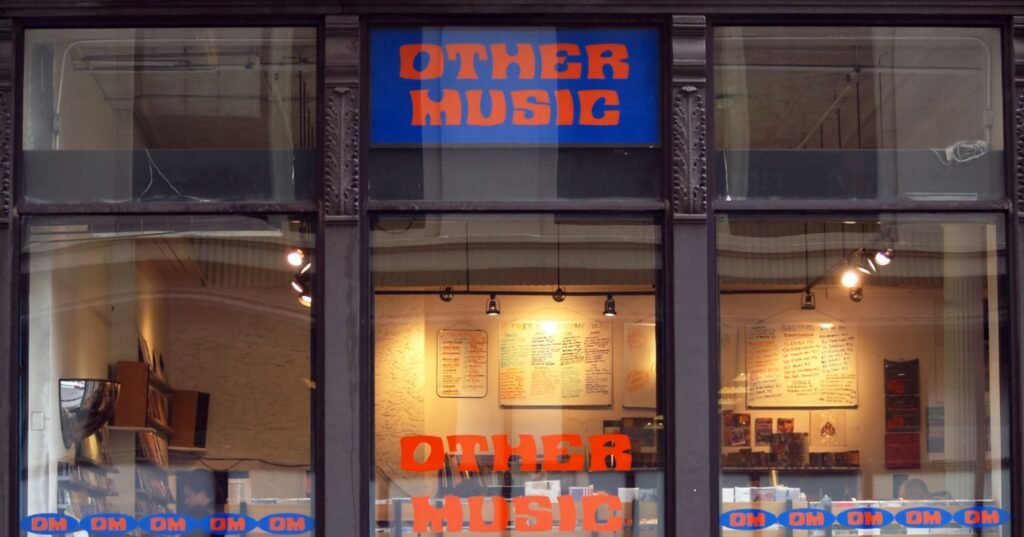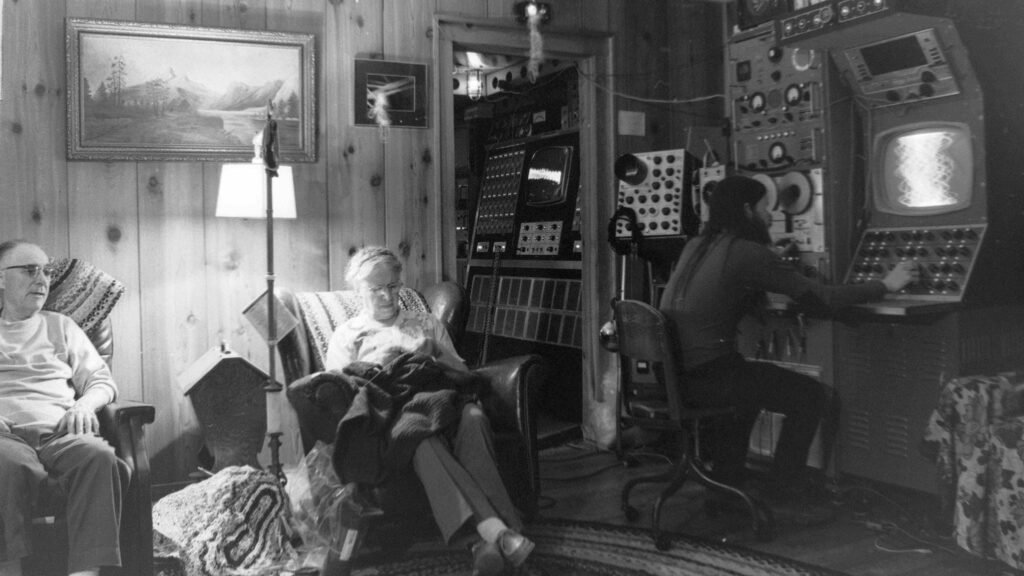Here’s a bit of fun to close out this Xmas weekend. This video, by British comedian (and accomplished Bowie impressionist) Adam Buxton, imagines the recording session for “Warszawa,” a track from David Bowie’s 1977 album Low. Buxton’s video isn’t new, and you’ve probably seen it before. But this is one of those rare things that gives me a chuckle and brightens my mood every time I watch it. I’m probably responsible for at least one hundred of its 600k+ views.
Adam Buxton also interviewed Brian Eno on the former’s excellent podcast. A good sport, Eno refers to this video as “one of the funniest things I’ve seen on the internet” but, “unfortunately, I keep meeting people who think it’s a real depiction of how things were between us in the studio.” Don’t make the same mistake, dear reader.
The interview, in two parts, is casual and fun. Here it is on SoundCloud:
I also ran across Tony Barrell’s history of Brian Eno’s solo song “The True Wheel,” from 1974’s Taking Tiger Mountain by Strategy. (I love in-depth articles that break down the origins of individual songs and recordings.) It turns out that the song is a reenactment of a mescaline-fueled dream. Even some of the exact lyrics appeared to Eno in his fevered slumber:
[Brian] had a surreal dream about a bunch of girls, which included his friend Randi, serenading some sailors who had just come into port. The men weren’t exactly regular sailors: “They were sort of astronauts,” he clarified later, “but with all the psychological aspects of sailors.” […] The girls in the dream were singing: “We are the 801 / We are the central shaft.” When he returned to the real world, Eno jotted the phrases down and realised he had something interesting (to use one of his favourite words). It sounded meaningful, though he didn’t understand it, and it used the first-person plural. “I woke up absolutely jubilant, because this was the first bit of lyric I’d written in this new style.”
Barrell touches on other songs and lyrics written while asleep, including when Paul McCartney famously had a dream that bestowed “Yesterday.” Have you ever had a song, or anything, given to you in a dream?
When I was in my early 20s, I dreamed that I was in the passenger seat of a car that was speeding precariously down a dirt road. It was night, and I could only see the road and the surrounding forest in headlights, kind of like in a David Lynch movie. I was frightened and looked over to the driver’s side to see who was at the wheel. It was Lou Reed.
Lou noticed that I was scared, so he looked at me reassuringly (while still driving) and sang a song to calm my nerves. The song went, “You’re so evil, oh Macbeth … you’re so wicked, oh Macbeth …”
I woke up and hit smartly hit ‘record’ on the boombox next to my bed. I sang the fresh song and then fell back to sleep. In the morning, I looked at the boombox and wondered if that really happened. I hit ‘play,’ and there’s half-asleep me singing the lyrics and melody for this dream song. It wasn’t bad. A few years later, the first band I joined in Orlando played the song (with me singing). I have a recording of it somewhere in that box of 4-track tapes I mentioned in the previous post.
From the clandestine processes in the studio to the shadowy visions in our heads, music (and music-making) remains a delightful mystery.
Update: Adam Buxton has released a delightful follow-up to his video above to commemorate David Bowie’s 74th birthday, almost five years after his death. Check out the “Ashes to Ashes” Clown Suit Story.

